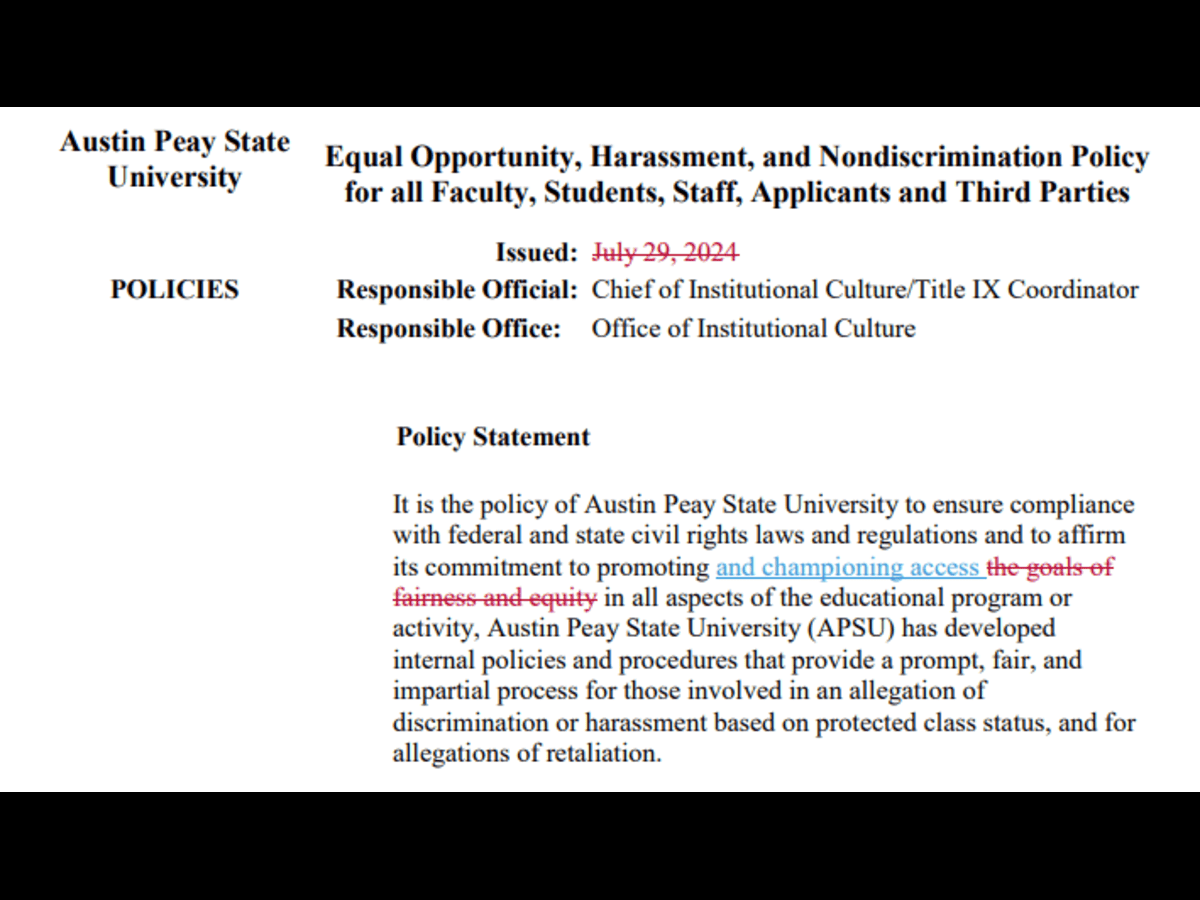Three of the most commonly censored books in 2022 on the banned books display in the Woodward Library. Going diagonally left to right, This Book is Gay by Juno Dawson, Gender Queer: A Memoir by Maia Kobabe and Out of Darkness by Ashley Hope Perez. RALPH ACOSTA | THE ALL STATE
Banned Books Week is a national weeklong event that began Oct. 1 and will conclude Saturday. It aims to celebrate the freedom to read and access information, as well as educate the public about the censorship of literature.
“Let Freedom Read” is the official theme for Banned Books Week 2023. Banned Books Week began in 1982 after an influx of challenges to books in public spaces. Since then, this event has been held every year — usually during the last week of September — by a coalition of different organizations.
A book is banned when it is removed from a library, school, organization or other space to prevent public access to the book. A book may be considered banned in one district or state but not in another. The American Library Association (ALA) counted the censorship of 2,571 unique titles throughout the United States.
Austin Peay State University’s Felix G. Woodward Library is participating in the celebration. A display on the first floor of the library features some of the most commonly challenged books of 2022, as listed by the ALA.
Woodward Library’s Communication and Outreach Specialist Katie Pendleton was behind this display and Woodward Library’s participation in Banned Books Week. “It reinforces some of our fundamental principles like intellectual freedom, freedom of expression, and the right to access communication,” said Pendleton, regarding the importance of the event.
APSU students are encouraged to participate in Banned Books Week by learning about and discussing controversial literature. Pendleton said, “By reading and discussing banned or challenged books, students can gain a deeper understanding of diverse perspectives, historical contexts, and social challenges. They can stand up for the principles of intellectual freedom and the right to access information, ensuring that the university remains a place where diverse voices and ideas are celebrated.”







